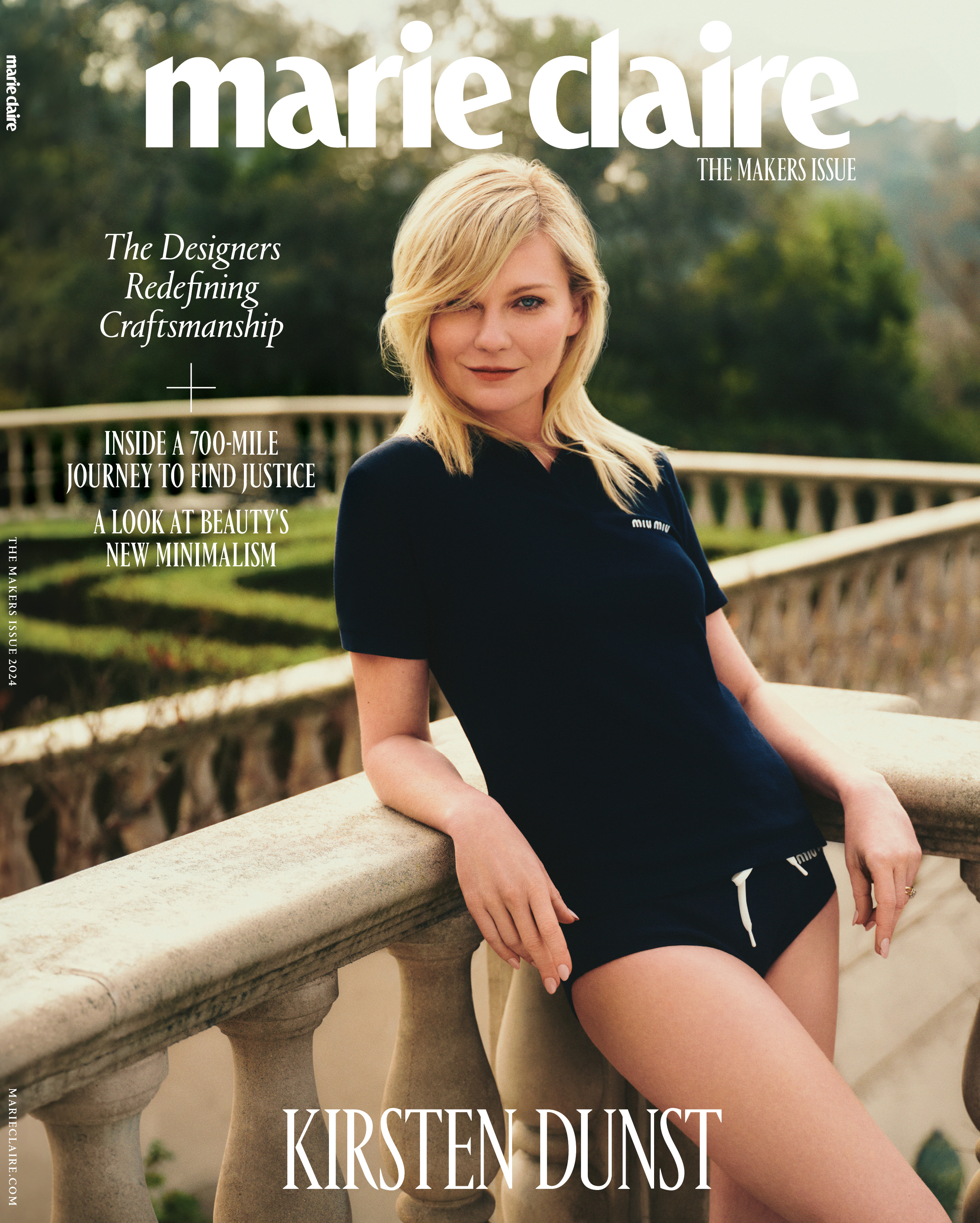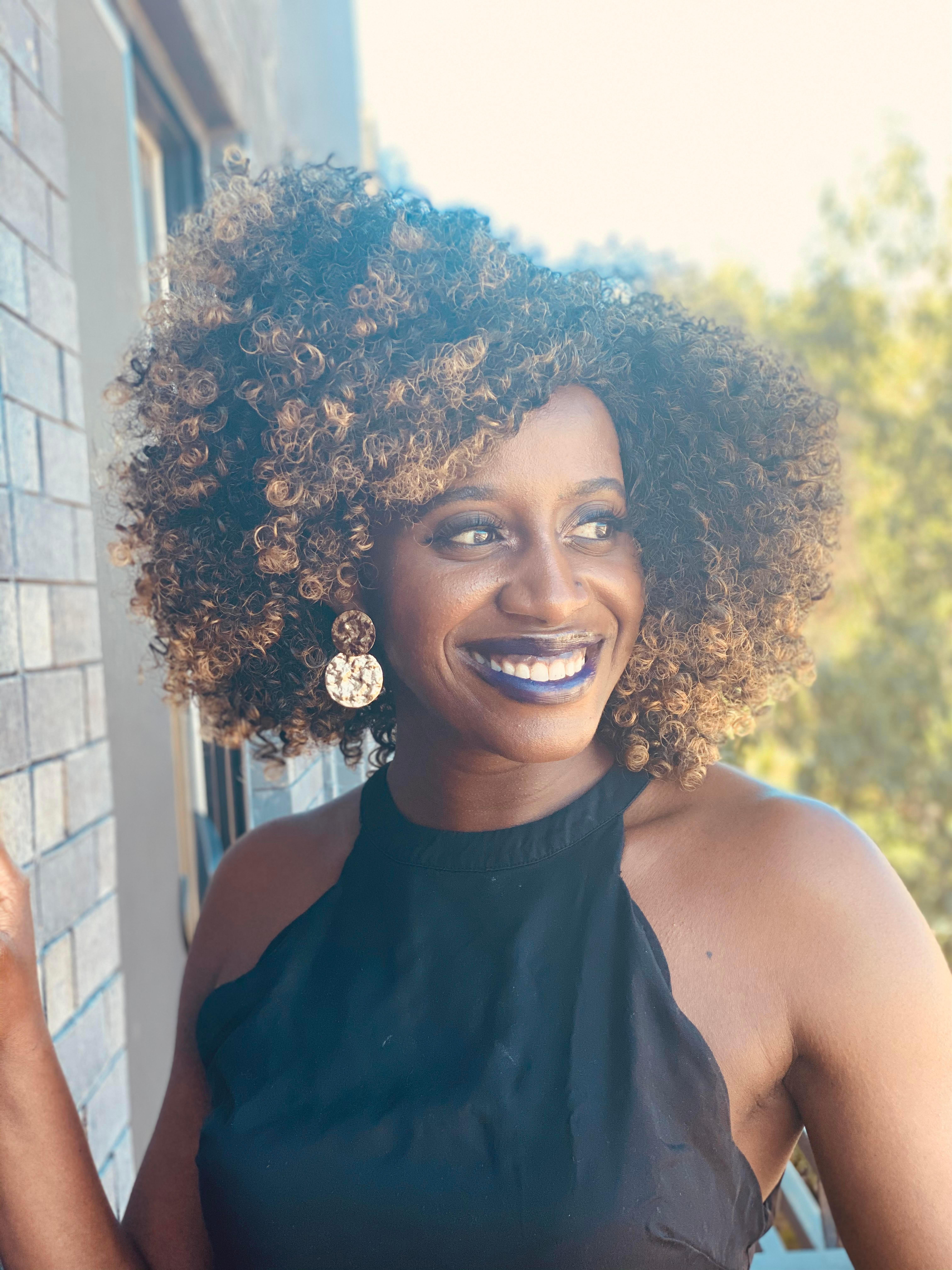Fawn Weaver Is All About the Whiskey Business
The founder of Uncle Nearest spirits is doing more than just raising a glass—she's raising awareness.
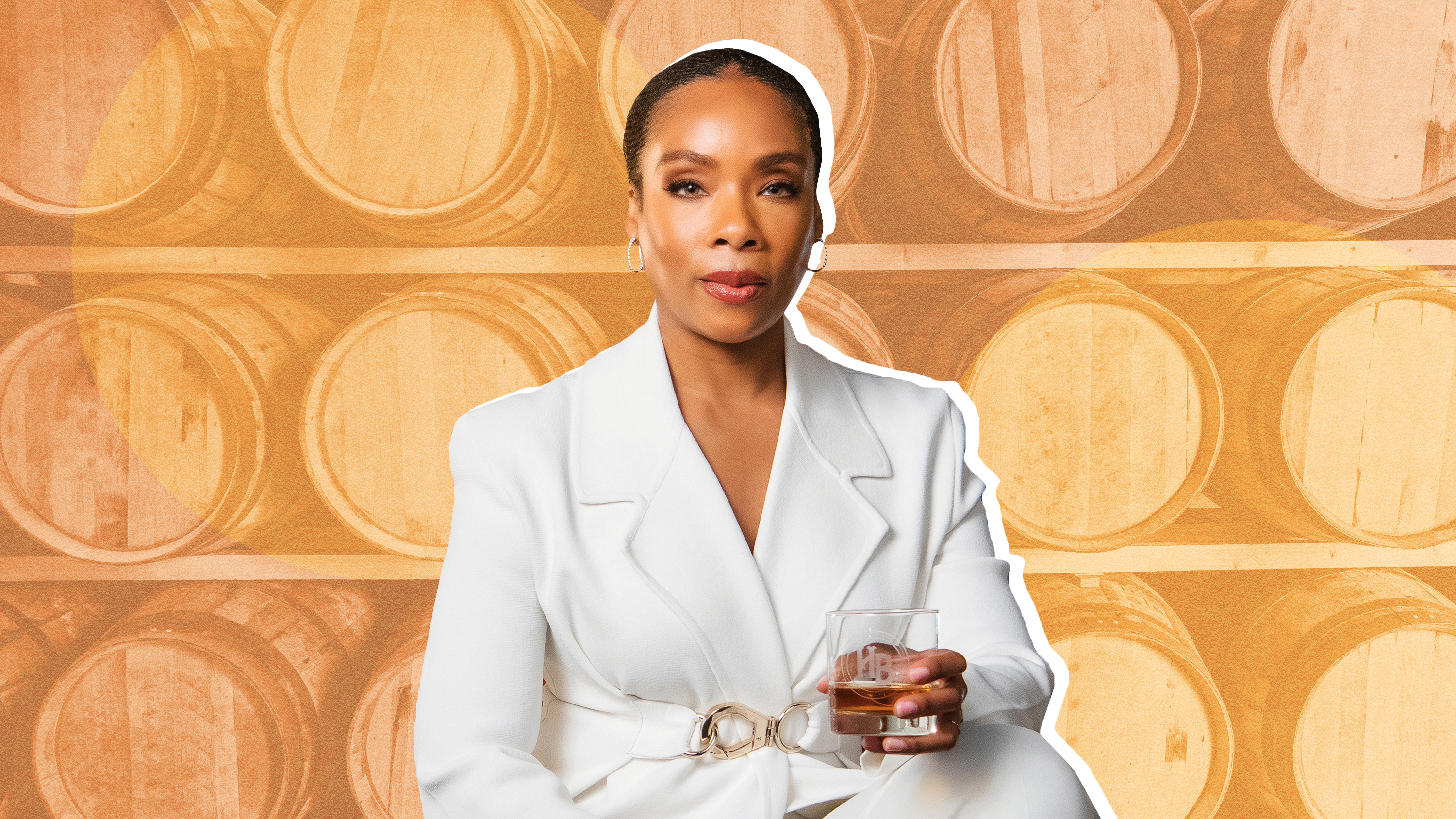
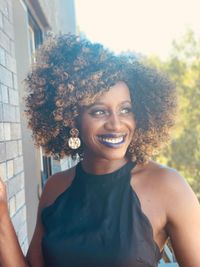
On a Saturday in December, as visitors were touring the Uncle Nearest Premium Whiskey distillery in Shelbyville, Tennessee, some 50 miles southeast of Nashville, the founder bellied up to the bar to say a quick hello. How was everyone doing? Did they enjoy their tasting? Where was everyone visiting from? One pair mentioned their heritage, they were Chippewa, traveling from Oklahoma.
Welcoming people, making them feel seen. This matters to Fawn Weaver. She founded and named the company after Nathan "Nearest" Green, the first known Black master distiller and "the best whiskey-maker the world never knew," to highlight his hidden legacy. The goal was for Nearest Green Distillery to be a place where people from all walks of life could encounter each other and, for that short period of time, be in community with one another. Since opening the doors in 2019 (the brand was officially established two years prior), Weaver has watched that principle become realized. "I can look at a tour—and our tours have about 25 people—and I can say, Trump supporters, Obama supporters...they're all raising a glass together," she shares.
There, on her 400-plus acres of land along the state's Whiskey Trail—the famed Jack Daniel's distillery is just under 30 miles away—with its horses and white-and-green barrel-filled buildings and blooming flowers, Weaver sees an America that is capable of living up to its ideals. One that has more "good than bad," and one that is "filled with more love than hate."
She adds, "Think about the story I'm telling you. I have to pass Confederate flags to get to my distillery, but we've never had anything but respect."
To fully understand her optimism requires an understanding of Weaver herself. She's the first Black American woman to lead a major spirits company. According to 2022 data from Women in Distilling, less than 8 percent of the more than 2,200 craft distilleries in the country are women-owned. Only about 175 are Black-owned.
Today, Uncle Nearest is the fastest-growing whiskey brand in the U.S. It drives tourism, bringing in nearly a quarter of a million visitors to the area, according to Weaver, earning the distillery the moniker "Malt Disney World."
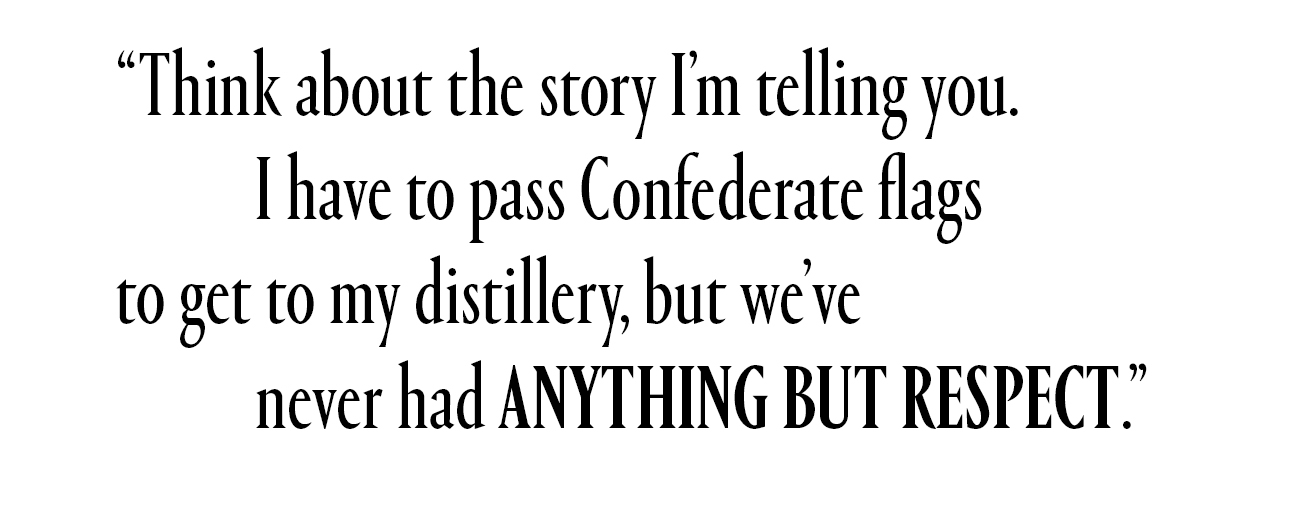
And the whiskey, it's good. Excellent, even. Among its many accolades, it was the most awarded bourbon and American whiskey brand for an impressive four consecutive years.
Get exclusive access to fashion and beauty trends, hot-off-the-press celebrity news, and more.
Weaver's story is a worthy one. She knows this. Now in her late 40s, she began her career as an intern for the late public relations visionary Pat Tobin. "Everything I've ever done, it's been the exact same model," Weaver says. "Create a story so big, people are interested in it." But with Uncle Nearest, she didn't have to create the story, she realized—she just had to tell it.
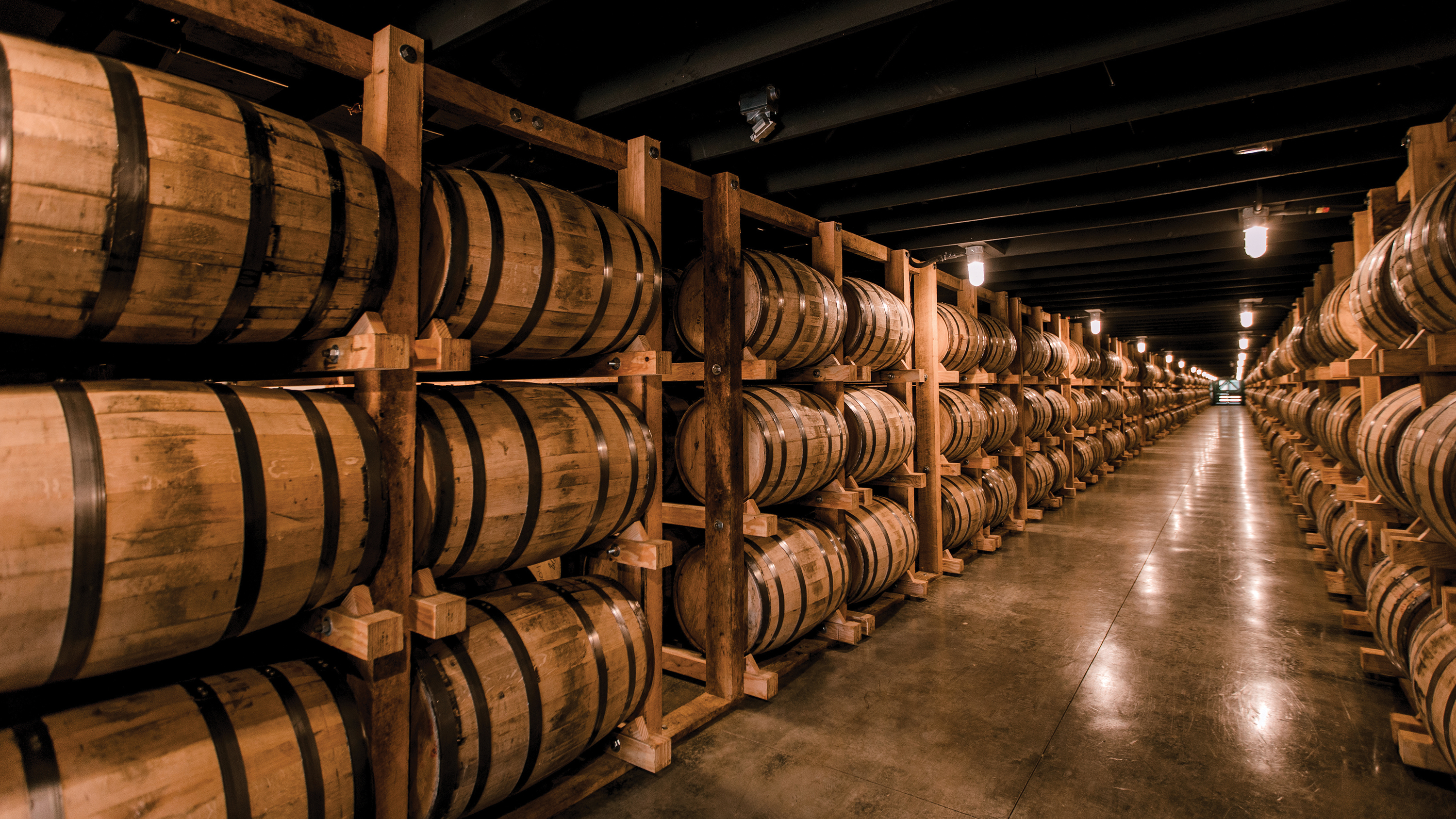
In the summer of 2015, Weaver was coming to terms with an expensive miscalculation. She had taken on a consulting role for a boutique fitness chain because she believed in it so much, even investing her own money into the business while forfeiting compensation. Despite a few quarters of improvements after her onboarding, the owners retreated from her suggested changes, Weaver says. By the time she was ready to walk away, forecasting its failure, her losses were significant. An estimated $2 million, according to her.
"At that point, I didn't really understand cutting losses; I do now," she says, laughing. "I needed to get my mind off it."
To clear her head, she accompanied her husband Keith on a business trip to Singapore. Keith, who cofounded Uncle Nearest with Weaver, was then a senior executive at Sony Pictures. During their trip, Weaver came across a story in The New York Times about the 150th anniversary of the Jack Daniel’s distillery—the date matching the bottle's inscription of an 1866 establishment rather than records that show its 1875 founding. Weaver was so intrigued by the story's disclosure that it was an enslaved Black man named Nathan "Nearest" Green who taught Daniel how to distill, that she ordered Ben A. Green's Jack Daniel's Legacy book to her home in Los Angeles, so she could learn more about the brand's history. At the time, it was curiosity that was on her mind, not starting a company.
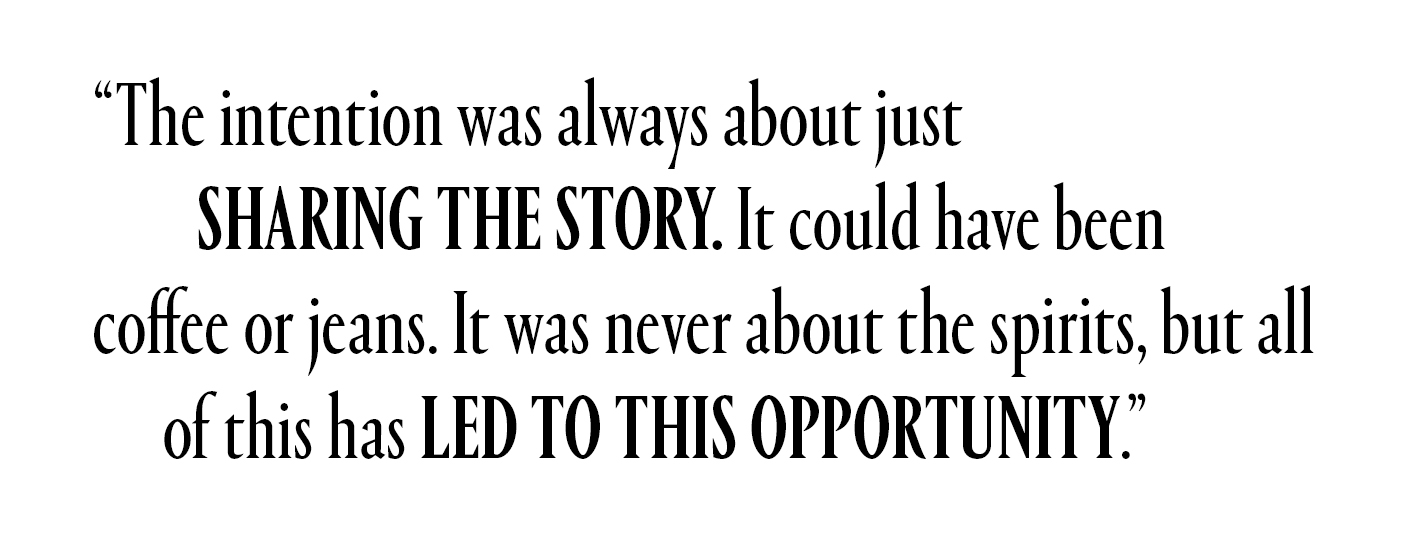
While on the trip, she received news that her niece was in a terrible motorcycle accident, and soon after, that she had died. Weaver returned home to plan the celebration of life. The loss was devastating, and to cope, she tried to keep busy. "I was home and I'm not really the grieving kind, I'm the working kind," she says. "So, I immediately went to my desk and started sorting through packages. [The book] was one of the packages, so I just started reading it."
Weaver wasn't sure she would find any mention of Green, but within the early pages, she did. "I thought, this is crazy," she says. "The book was published in 1967, the height of the civil rights era. You have a white reporter from Alabama, coming to Lynchburg, Tennessee, to write the definitive autobiography of the most famous whiskey-maker of all time. And you have this Black family being mentioned over and over again."
Astonished by the findings, Weaver set out to find out as much as she could about the Green family. What she found was a rare American narrative for that time: one of mutual love, respect, and friendship between Black and white people during an especially violent era for the former, all while creating a markedly American product in Jack Daniel's. It sparked her desire to set the record straight on an inaccurate but believable account that had become popular online, in which Daniel is portrayed as having acquired his recipe and distilling methods from a nameless, enslaved Black person rather than the true account in which Green and Daniel share close ties.
The story of Green's legacy moved Weaver, not only emotionally, but also literally. She began making trips to Tennessee to talk to insiders about his story, with the hope of maybe turning it into a book.
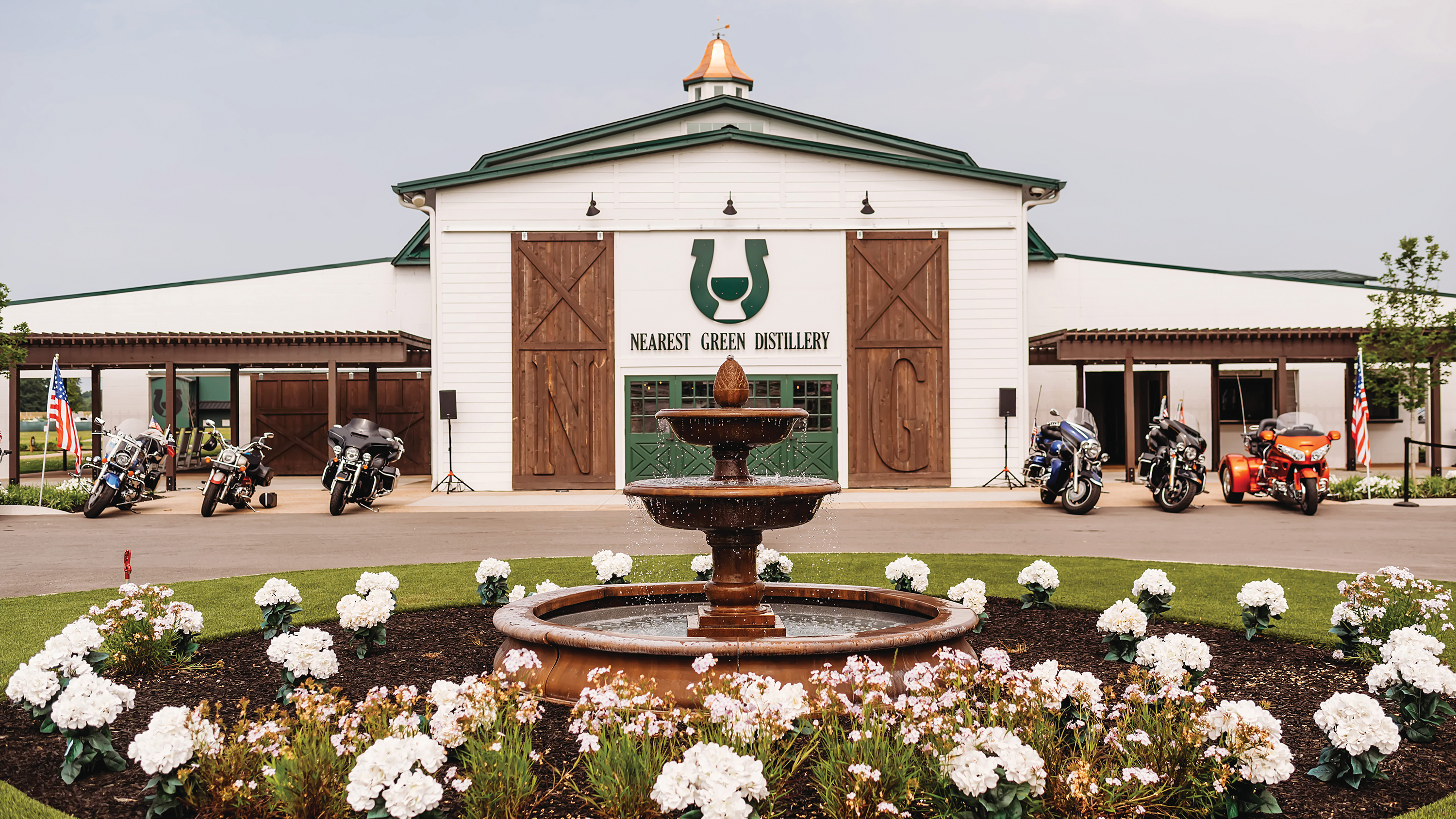
The Nearest Green Distillery in Shelbyville, Tennessee.
By the end of 2016, Weaver realized it would take something bigger to do justice to Green's legacy: not a book, but a whiskey brand. Between her business and public relations background, she had the experience. And anyway, she liked bourbon; she knew what tasted good.
Weaver was energized by the idea, enough that she and her husband eventually left California and permanently moved to the area in 2020. But she was still reeling from her previous financial loss, and the whiskey industry, run by white men—usually already born with historical and legacy ties to set them up—wasn't easy to break into.
Speaking candidly, Weaver says her husband was pivotal in confronting these difficulties. His visible presence as a man aided her as she navigated through this new world, especially in the distribution elements, which Weaver initially eschewed. In fact, she says she's only recently established relationships with distributors—a rarity in the spirits world, where they exert major influence—and initially built the brand in spite of them. Keith, who now manages the Nearest Green Distillery full-time, oversaw the distillery’s operations and growth when it first opened, all while still working at Sony. And even before that, it was his paychecks that were used to keep the company afloat. "We had to go negative in our bank account so many times to build this company," Weaver says. "[Keith's] paycheck would literally pass through our account and go into Uncle Nearest to pay payroll."
Other moments were brighter, however. Weaver's research led her to Green's great-great-granddaughter, Victoria Eady Butler, who is now the brand's master blender. "I'm proud to continue in the same vein that he once worked," Butler says, referring to her great-great-grandfather. "He was more than a mentor to Jack Daniel. He made history of his own and I'm extremely proud of that."”
She also jokes that Weaver has taught "an old dog new tricks," as Butler is in her 60s. "I believe that things happen in due time. I know that it took someone with Fawn's determination and grit and brilliance to bring this story to life," Butler says.
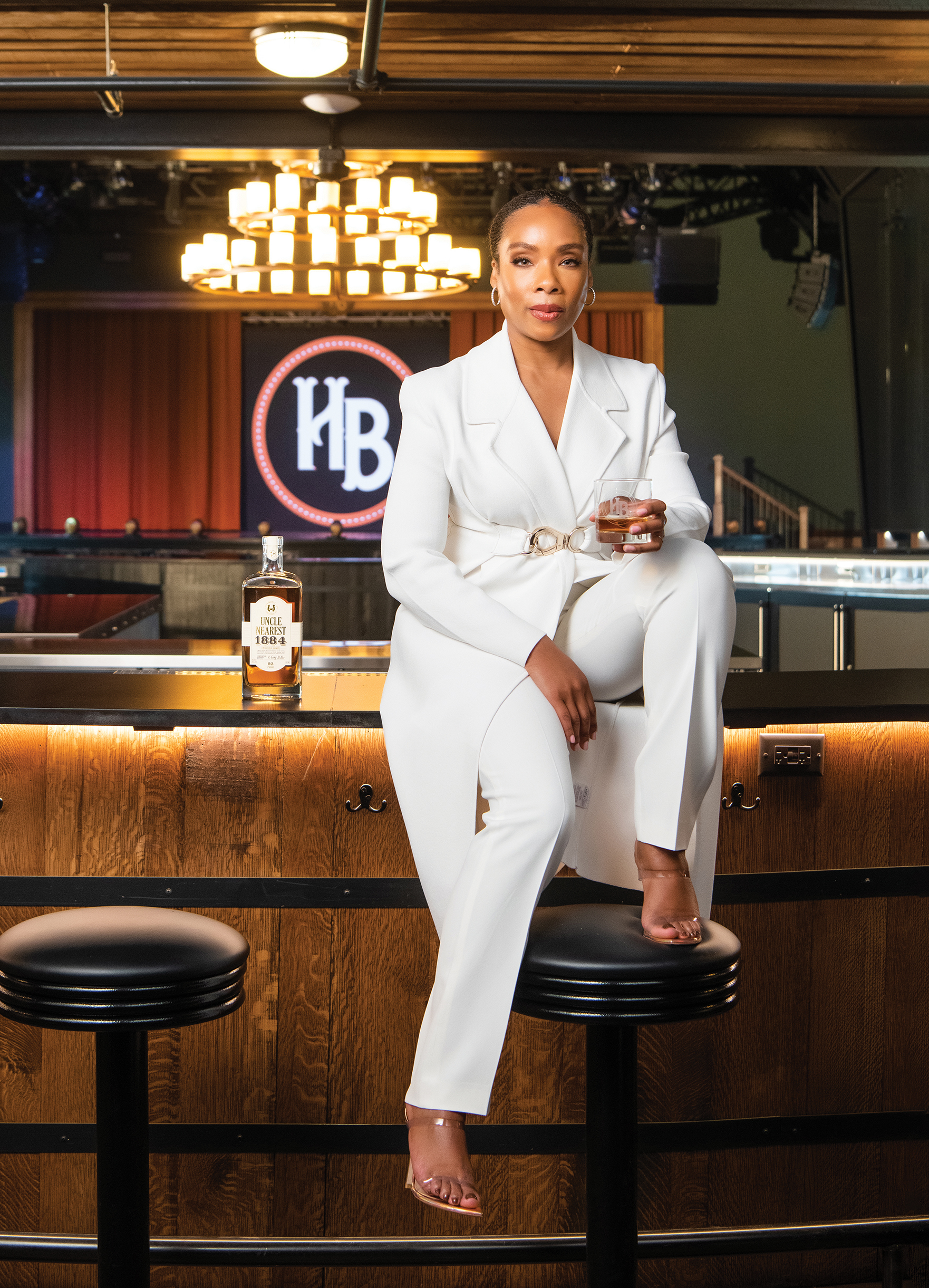
Fawn Weaver of Uncle Nearest Spirits.
And about that book, Weaver wrote it after all. In July of this year, to further cement Green's story and complement the brand, Weaver is publishing Love & Whiskey. The book documents Green's story, as well as Weaver's upbringing in Pasadena, California, her struggles as a homeless teen, and the mental-health challenges she’s had to overcome in her life.
"The intention was always about just sharing the story. It could have been coffee or jeans," Weaver says. "It was never about the spirits, but all of this has led to this opportunity."
In starting Uncle Nearest, Weaver found pieces of American history that help provide a roadmap for Black Americans like herself to tell different stories about the past, all while transforming the industry into something others like her can be a part of. "If you look at the tie that binds every story—love, honor, respect, and the refusal to give up hope—that's the storyline from beginning to end," Weaver says, in talking about Green. Poignant words that could be applied to Weaver, and what she's created, too.
Freelance writer, journalist, and lecturer.
